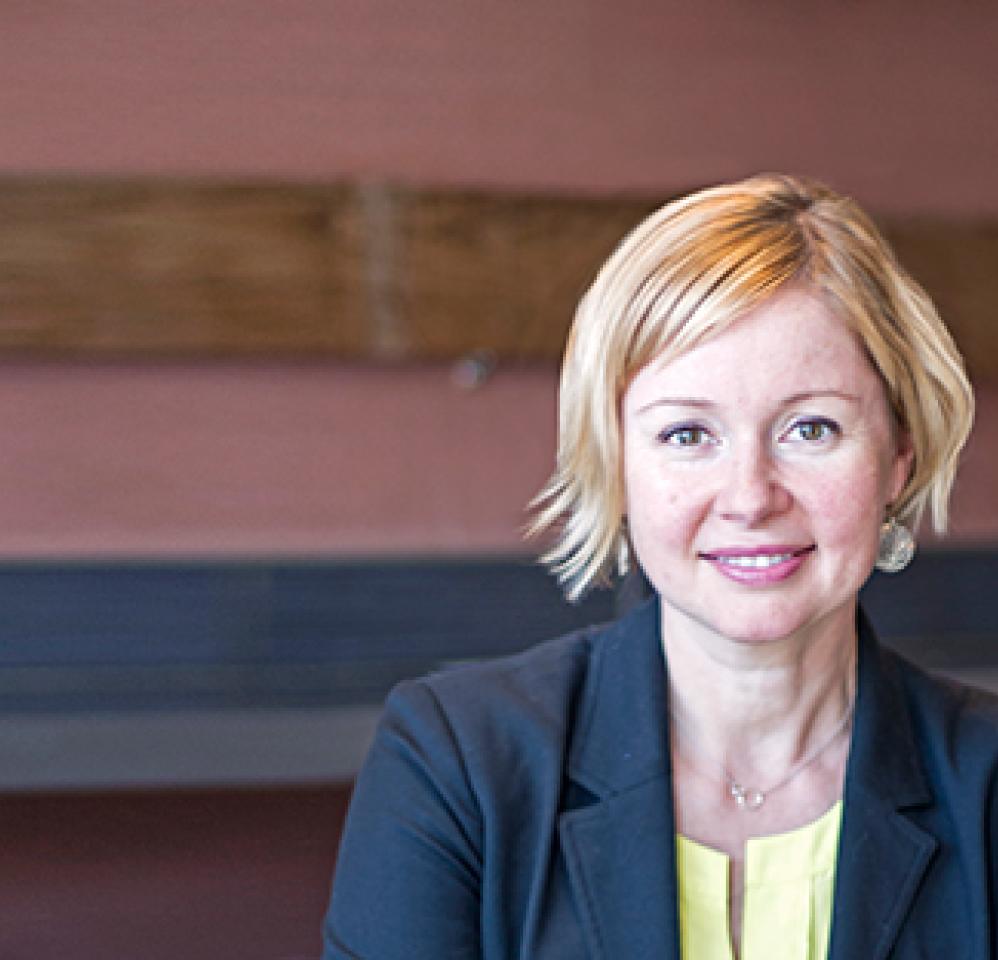
Leadership. The “New” Management
In the early days of my career, I was fortunate to be taken under the wing of managers who were exceptional leaders. One became my mentor. Her leadership utilized the power of listening and questioning; giving space to figure out my own answers to problems to gain footing as a leader.
Her title was “Manager” and that she was. In fact, she was respected for her ability to manage time, operational plans and budgets. But she was more, she was an exceptional manager as she inspired and empowered her team to excel by refining their strengths and optimal performance.
This question comes up often “what makes a manager and what makes a leader?” Are they one and the same?
The simple answer is that it depends. It depends on the mindset of the individual in the role at any level. We often associate leadership with people who carry the titles of CEO, President or Executive Director. But good leaders can appear and perform at any level, anywhere in a company and can have a profound impact on teams and their performance.
So what is the difference between management and leadership? Here’s what I have found.
Management is a process. Leadership is an action. Managers deal with things and people day-to-day. But leaders take action to guide others towards a common goal. Another way to look at it is, that managers control and assign duties, whereas leaders inspire and influence. Managers direct teams, whereas leaders collaborate to create.
But what if leadership could be the new management? What if we could have those working with people, be inspirational, be influential, willing to create together rather than dictate and direct?
What would that look like?
Here is where mindset comes in, a shift in attitude and approach. When we believe that it is possible to enrich the journey of anyone stepping into leadership, by supporting their growth, we not only see people flourish but we also see organizations thrive.
When organizations adopt a leadership culture, they develop better teams and healthier workplace environments. This requires a willingness to stretch and lean into leadership. The great news is that, with the right attitude and support, it’s totally possible and here are three areas of how.
1. Adopt a Leadership Mindset
To grow you have to adopt a leadership mindset, which dives into self-development, specifically developing greater self-awareness. How you show up to lead, to receive feedback and make decisions.
Stepping into leadership requires you to look at your strengths, but more importantly examine your opportunities for growth. There is no shame in looking at how you can become a better person.
As Brene Brown says in her book Dare to Lead, “Leadership is not about titles or the corner office. It’s about the willingness to step up, put yourself out there, and lean into courage.
The world is desperate for braver leaders. It’s time for all of us to step up.”
2. Choose Human Connection Every Single Time
We get so wrapped up with deadlines and business requirements, that we forget that we work with people. This needs to shift. Put people first. Get to know your team, put down your device when saying hello and be present.
Leadership is about choosing a human connection first before to-do lists. Why? Because when people feel like they are seen and heard, they trust and are willing to move mountains when working together towards a common goal.
Good leaders understand that connection helps people feel that they belong. And belonging makes them feel like they matter. Fostering this helps social interactions, brings transparency and sets the stage for creative collaboration.
Inspired people are driven and understand the business requirements, the purpose, roadmap and final destination. This transforms organizations, allowing them to thrive, perform in optimal ways and become sought after places to work.
3. Always Learning and Refining
Learning, feedback and refinement are fundamental to strong leadership. It takes great courage to identify your areas of growth, admit mistakes or seek feedback. Good leaders are open to self-improvement.
They understand that only through personal and professional development they can become even better leaders. Such opportunities involve growth in core competency skills that are key to success.
Leadership coaching can elevate a leader by improving their self-awareness, increase levels of compassion, and in turn improve communication and decision-making skills.
So tell me, are you ready to step up in your journey to become a leader?
Want to learn "How you can create your best team?" Listen to Magdalena Blasiak, BA’99 webinar recorded earlier this year.
Author Biography:
Magdalena Blasiak, BA’99 is a Project Management Professional and Certified Leadership Coach. She works with emerging leaders and entrepreneurs in the areas of personal development and performance.
Over her career, she’s managed projects and teams both large and small in the arenas of corporate and non-profit management. She believes in the wholehearted approach to leadership; where collaboration, communication and transparency cultivate compassion and a strength-based organization.
Magdalena has a coaching and consulting practice at Shine Forward. She is passionate about travel, her family and culinary adventures. She is a lifelong learner, with a BA in Family Studies from the University of British Columbia, a Graduate Certificate in Project Management from Royal Roads and a Leadership Coaching Certification from Essential Impact.





























